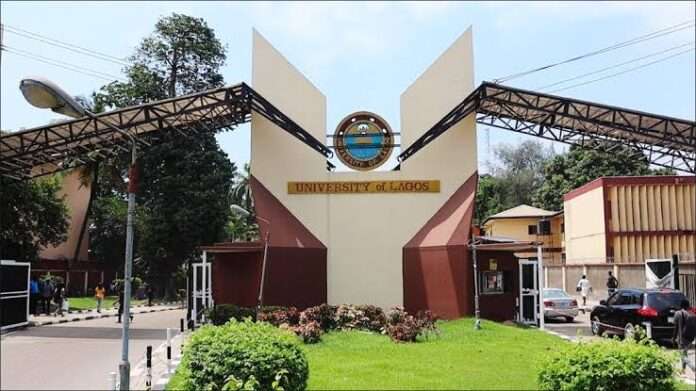The University of Lagos (UNILAG), Akoka, has announced plans to introduce a policy document on the ethical use of Artificial Intelligence (AI) in academic activities. The policy aims to enhance critical thinking while preventing plagiarism and academic indolence.
This was disclosed by the Deputy Vice-Chancellor (Academics and Research), Professor Bola Oboh, during the opening of a three-day workshop on ethics in higher education. The event, titled the “Intensive Training Workshop on Higher Education Ethics,” was facilitated by Professor Russell Porter, a Fulbright Specialist Awardee and Deputy Ethics Officer at Texas A&M University, Central Texas, USA. The workshop was organized by UNILAG’s Office of International Relations, Partnerships and Prospects (IRPP).
Ethical Use of AI in Academia
Professor Oboh highlighted that the integration of AI in education is inevitable, but it must be regulated to ensure it supports intellectual growth rather than compromising academic integrity. She acknowledged that both students and lecturers already use AI, with lecturers employing it to detect plagiarism in students’ works.
She stated, “If we say no to AI, we will just be deceiving ourselves. So, we have already started developing policies in that area as a university. In the next one or two months, I’m sure the policy will be finally taken to the Senate for consideration.”
She emphasized that while AI can be useful, it must not replace critical thinking skills. The university aims to ensure that students engage with their own ideas rather than simply copying AI-generated content.
Global AI Ethics Concerns
Professor Russell Porter underscored that ethical concerns about AI and Machine Learning (ML) in research and academia are global issues. He recalled previous discussions on AI ethics at UNILAG and emphasized that careful implementation of AI tools is necessary to avoid ethical and legal violations.
Dr. Babatunde Sawyer, a PhD holder and lecturer in the Department of Computer Science, also addressed participants on AI accountability, validity, reliability, explainability, security, and privacy.
The workshop, held at the Arthur Mbanefo Digital Research Centre (AMDRC), was designed to improve faculty members’ knowledge of ethical standards and promote academic excellence. It was part of the Proactive Ethics Programme (PEP), an initiative developed by Professor Porter through his research.
Ethics Training for Faculty Members
The PEP initiative aims to equip academic and administrative staff with knowledge and frameworks to address ethical issues in higher education. It focuses on proactive ethics instruction, helping institutions avoid legal and ethical challenges across academic, research, financial, and administrative sectors.
Professor Porter stressed the importance of preventive measures rather than reactive responses to ethical concerns. He highlighted that universities in Nigeria can adapt global ethics frameworks to their local contexts while maintaining international best practices.
Participants of the workshop were trained to:
- Understand the broad field of higher education ethics within the framework of law and morality.
- Identify key ethical theories and decision-making processes to prevent compliance issues.
- Develop an ethics-based strategy to proactively address legal and academic challenges.
- Analyze how ethical planning improves education and how different faculty positions should interact ethically.
- Evaluate faculty-student relationships to ensure a culture of mutual respect and academic integrity.
Cascading Knowledge and Future Engagements
Professor Oboh urged faculty members to replicate the training within their faculties within six months to ensure that the new knowledge is widely disseminated. She reiterated that AI’s impact on education is undeniable, but maintaining academic integrity is crucial.
Meanwhile, the organizers have announced that the workshop will continue virtually for three additional days in the coming week after the physical session ended on Friday, January 31, 2025.
With the imminent adoption of its AI ethics policy, UNILAG is set to become a trailblazer in regulating AI in Nigerian academia, ensuring that it enhances learning rather than compromising educational standards.




